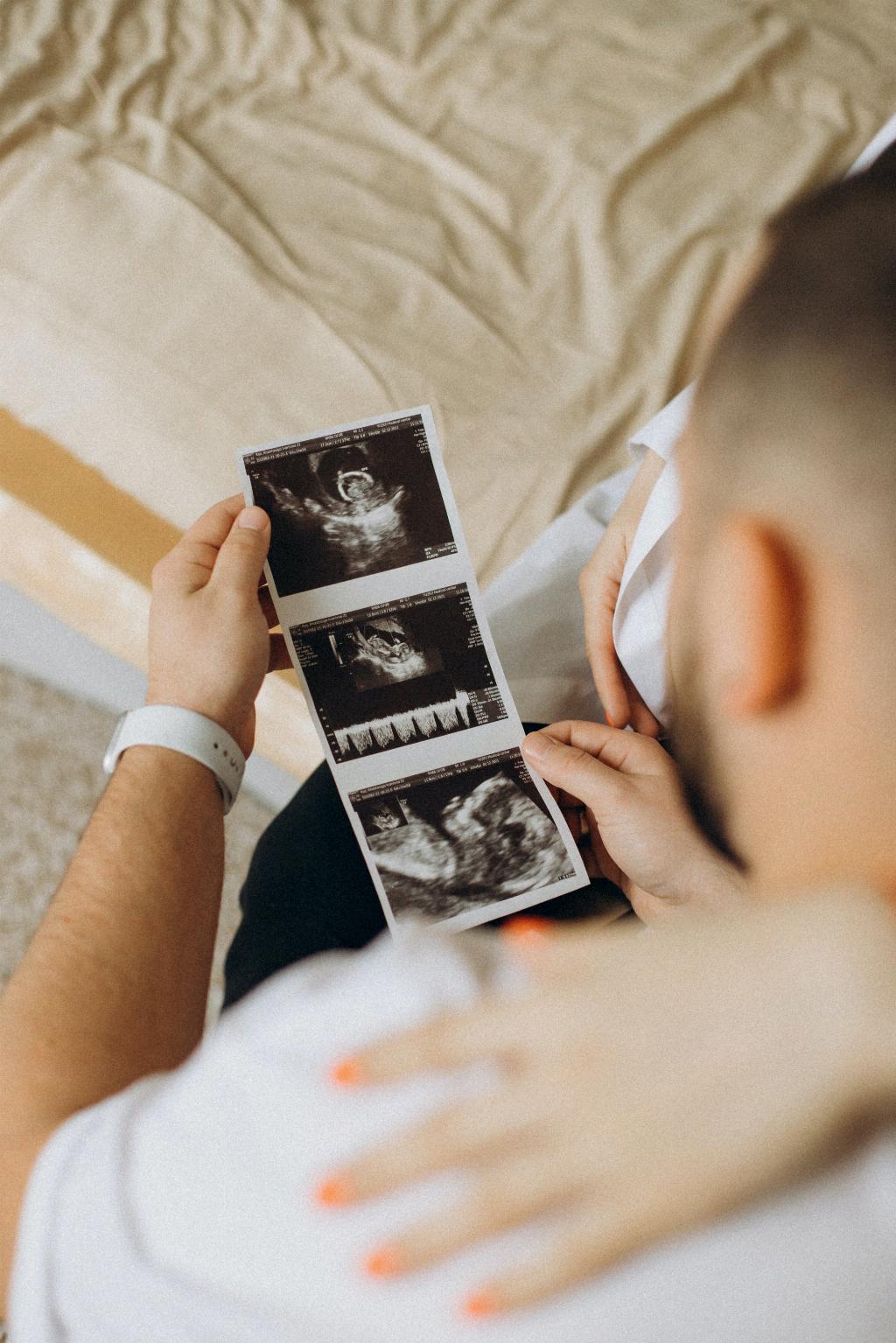Easy Check Pregnancy Tests, with a sensitivity of 25mIU/mL, are designed to provide accurate results for women seeking to confirm their pregnancy status. Understanding the accuracy of these tests is crucial for individuals looking for reliable information about their reproductive health.
Factors Affecting Accuracy
Several factors can influence the accuracy of a pregnancy test, including the timing of the test, the presence of any medications or medical conditions, and the user’s adherence to the test instructions. Despite these variables, Easy Check Pregnancy Tests boast a 99% accuracy rate from the day of a missed period, making them a highly reliable option for many women.
Timing and Sensitivity
The sensitivity of a pregnancy test refers to its ability to detect low levels of human chorionic gonadotropin (hCG) in urine. Easy Check Pregnancy Tests, with a sensitivity of 25mIU/mL, can detect pregnancy early on, providing accurate results soon after conception. However, the accuracy of the test may vary if taken too early or too late in the menstrual cycle.
Accuracy on the Day of the Missed Period
Easy Check Pregnancy Tests are specifically designed to be 99% accurate from the day of a missed period. This means that for most women, taking the test on this day will yield reliable results. However, it is essential to follow the test instructions carefully to ensure the most accurate outcome.
Confirmation and Follow-Up
While Easy Check Pregnancy Tests offer a high level of accuracy, it is recommended to confirm the results with a healthcare provider. A medical professional can perform additional tests to confirm the pregnancy and provide guidance on prenatal care.
User Error and Interpretation
Despite the high accuracy of Easy Check Pregnancy Tests, user error can impact the test results. It is essential to read and follow the instructions carefully, ensuring that the test is conducted correctly. Additionally, results should be interpreted within the specified time frame to avoid any misinterpretations.
Medical Conditions and Medications
Certain medical conditions and medications can potentially affect the accuracy of a pregnancy test. It is essential to consult a healthcare provider if there are concerns about how these factors may impact the test results. Your healthcare provider can provide guidance on when to take the test for the most accurate outcome.
Reliability and Peace of Mind
Easy Check Pregnancy Tests offer women a convenient and reliable way to check their pregnancy status from the comfort of their own homes. The high accuracy rate of these tests can provide peace of mind to individuals awaiting confirmation of their pregnancy.
Testing Early vs. Waiting
While Easy Check Pregnancy Tests can detect pregnancy early on, some women may choose to wait to take the test until after a missed period for the most accurate results. It is essential to consider personal preferences and circumstances when deciding when to conduct the test.
Emotional Impact of Testing
Waiting for the results of a pregnancy test can be an emotional experience for many women. Easy Check Pregnancy Tests aim to provide accurate and timely results, helping individuals navigate this important moment with clarity and peace of mind.
Conclusion
In conclusion, Easy Check Pregnancy Tests offer a high level of accuracy, with a sensitivity of 25mIU/mL and a 99% accuracy rate from the day of a missed period. Understanding the factors that can influence the accuracy of these tests and following the instructions carefully can help ensure reliable results and peace of mind for women seeking to confirm their pregnancy status.

